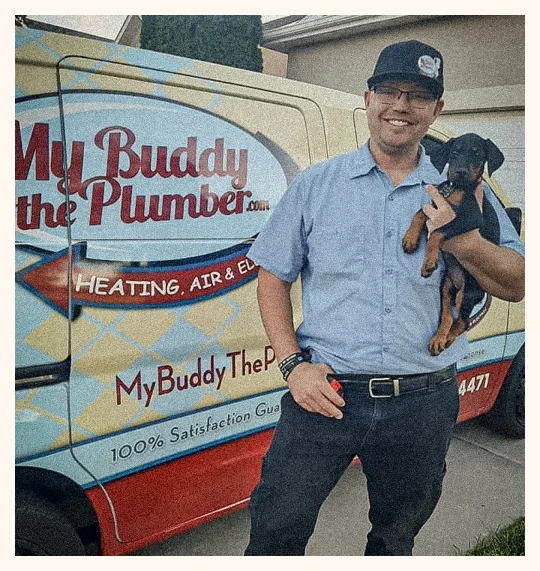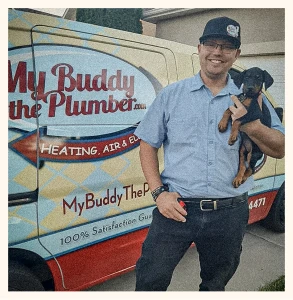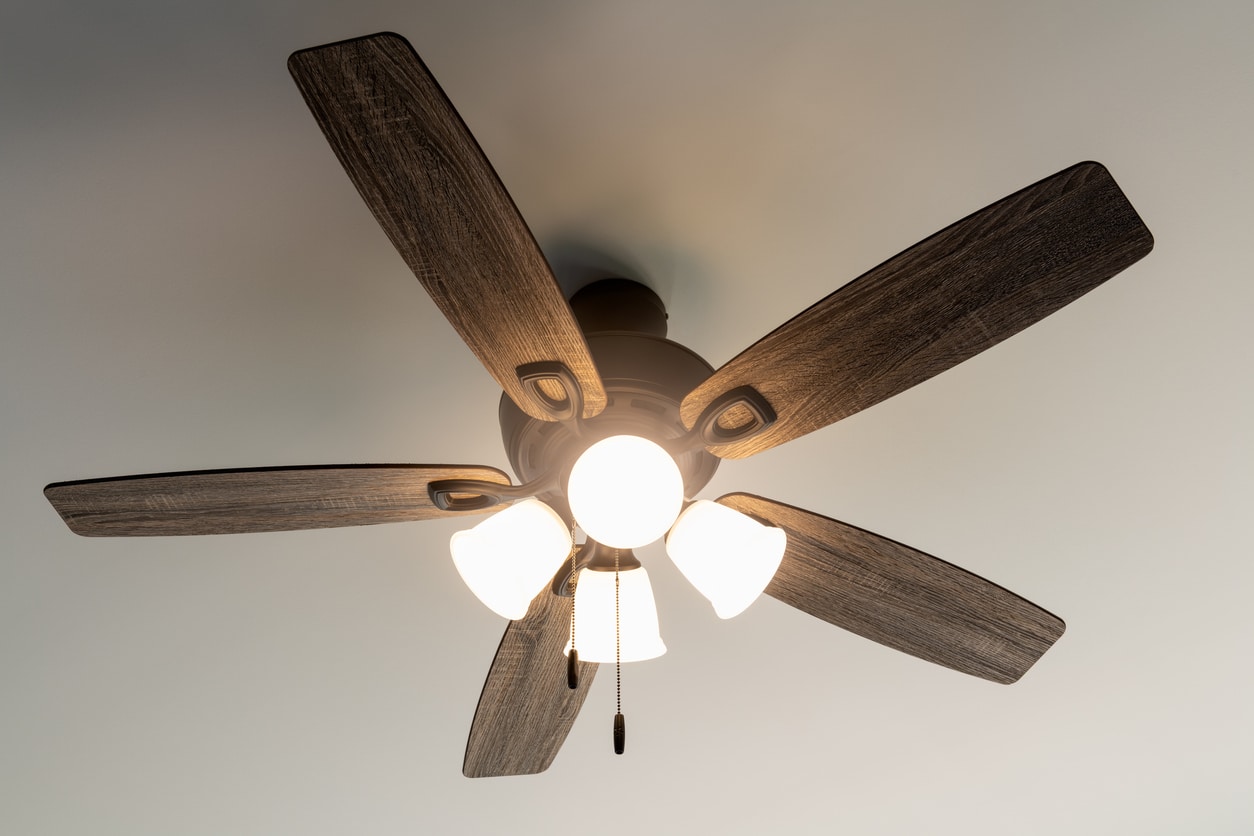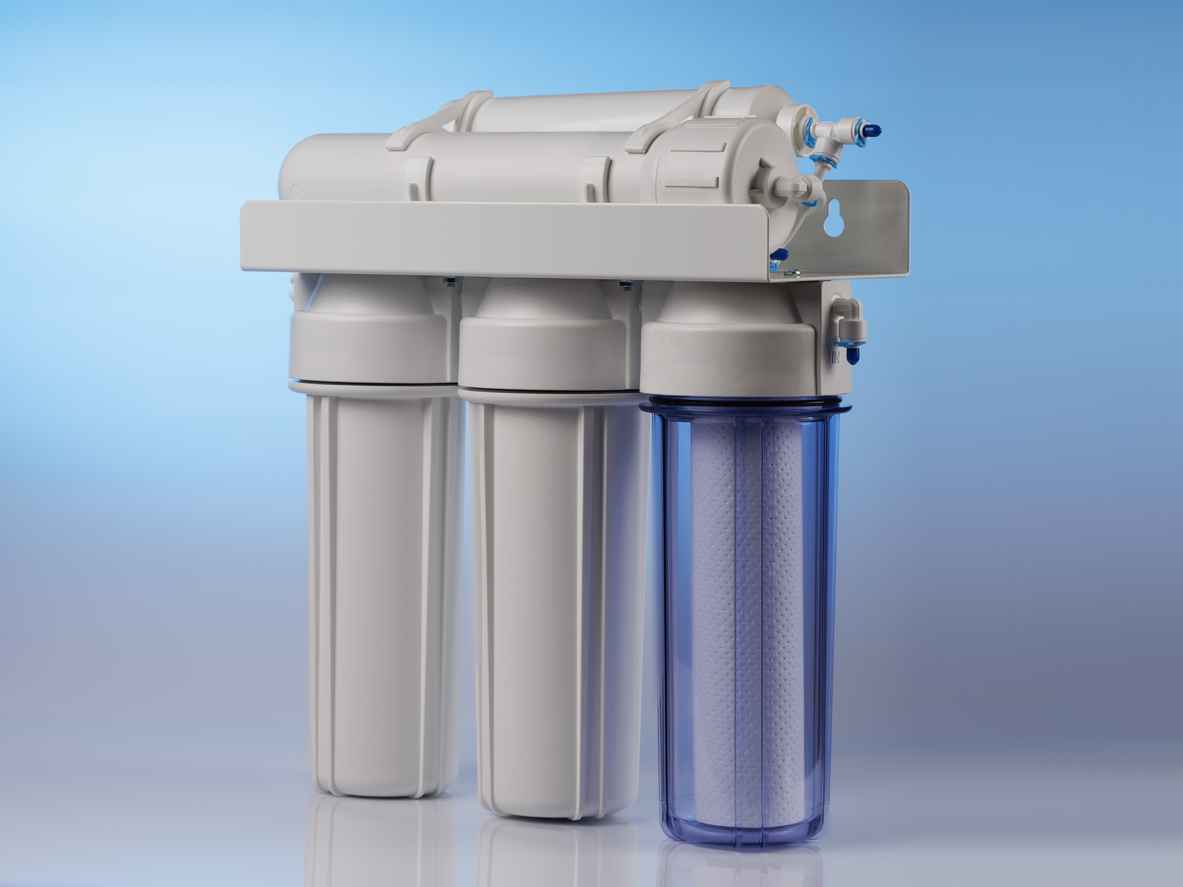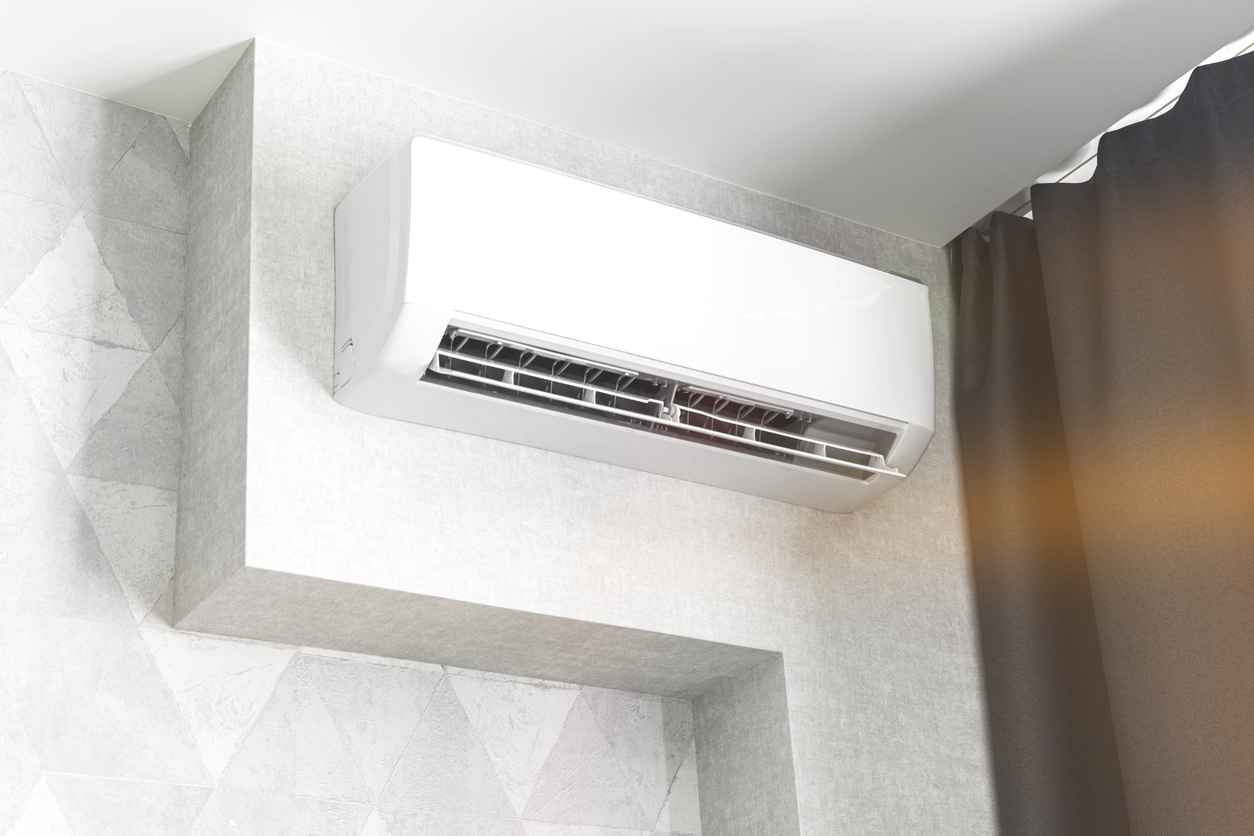Leaking Water Heater Precursors, Signs and Remedies
Leaks are never a fun issue to be dealing with in any part of your home or building, and leaks that come from your water heater are no exception. At the same time, the right attention to your water heater, both before leaks happen and once you notice them, can make this a relatively minor issue that doesn’t break the bank in many cases.
At My Buddy the Plumber, our wide range of plumbing services includes comprehensive water heater solutions, from water heater repair to new installations (featuring both traditional and modern “tankless” options). Let’s break down the entire realm of water heater leaks — why they happen, the signs you might notice ahead of time that will allow you to prevent them, and how to proceed if leaks are already taking place (including how our plumbers will assist you here if needed).
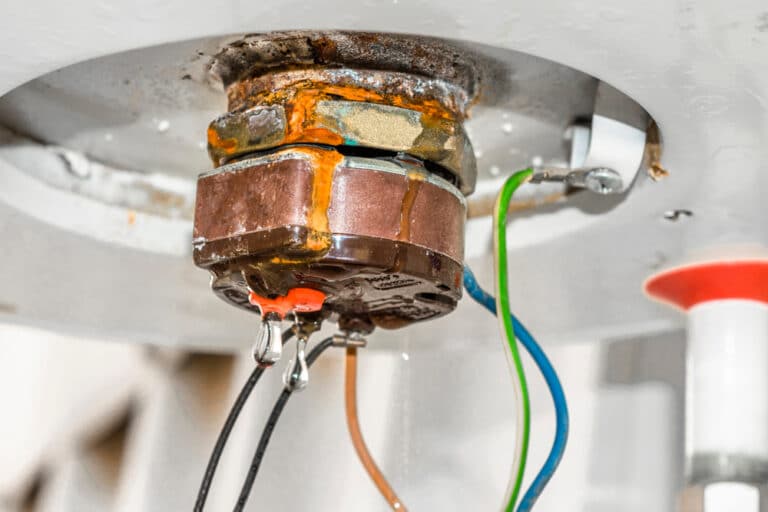
Why Water Heaters Leak
For the majority of homes and buildings that still utilize traditional tank format water heaters, there are a few reasons why leaks might take place here — both on top of and below the unit. Here are some of the most common and notable ones:
- Issues with drain valve: A common component on nearly all water heaters, the drain valve is intended to allow you to “flush” your water heater and clear any built-up sediment that might have accumulated over time. If this valve becomes damaged or loose, however, it can cause leaks. Some of these leaks will only show up in the form of slow drips, while others may be more significant.
- Loose or damaged pressure-relief valve: In the event that water temperature or pressure gets too high inside your water heater, the pressure-relief valve will open up and release some of this excess water. If this valve becomes loose or damaged, it may also lead to leaks (often more significant ones).
- Hot and cold inlets and outlets: Another possible set of components that can become damaged and lead to leaks, the hot and cold water inlets and outlets on your tank are where water enters and exits as it’s being heated. If any of these become corroded or cracked (perhaps due to old age), they may spring leaks.
- Major tank leakage: Some of the most severe water heater leaks come from significant structural damage to the tank itself. While this is relatively rare, it may occur if your water heater is very old or if it wasn’t installed properly to begin with. If a large portion of your tank becomes compromised, you will likely need a complete replacement (as opposed to a repair).
- Simple aging: Finally, as we just alluded to above, one of the most common reasons that water heaters leak is simply because they’ve become old and are starting to fall apart. If your water heater is over 10 years old, it may be time for a replacement regardless of whether or not leaks have begun.
Precursors to Water Heater Leaks
Luckily, many water heater leaks will come with several advanced signs before they actually take place. Here are a few of these signs that may point to a leak that’s forming:
- Changing water quality: In most cases of a leak in your water heater, you won’t notice an immediate and massive shift to water quality — rather, you’ll notice it little by little, over time. If you start to notice that your water seems “different” in some way (perhaps it’s become slightly less warm each day over the last few weeks), this may be a sign that there’s a slow leak somewhere in your tank.
- Diminished water pressure: Another common precursor to water heater leaks, diminished water pressure may also be caused by other issues such as mineral buildup and sedimentation inside the tank. However, it’s often one of the first noticeable changes when leaks are beginning to form. If you turn on the hot water and it doesn’t seem to be coming out with as much force as it once did, call a professional right away.
- Strange noises: In addition to changes in water quality and pressure, you may also notice some strange noises emanating from your water heater if leaks are beginning to form. These noises may include everything from new banging and popping sounds to hissing or even whistling. If you hear anything out of the ordinary, don’t ignore it — have your water heater inspected as soon as possible.
- Rusty exterior: Another sign that leaks might be forming in your water heater is if you start to see rust on the exterior of the unit. While this may also be caused by other issues such as improper installation or bad ventilation, it’s often an indication that there’s some corrosion taking place inside the tank. If you see any rust, call a professional immediately.
- Water pooling around the unit: Last but not least, one of the most obvious signs that leaks are present (or about to be present) is when you see water pooling around your water heater. If you notice any water on the floor near your unit, it’s time to call a professional for an inspection and repair.
Remedying a Leaking Water Heater
The remedy for a leaking water heater will depend on a few things, but here are some general steps to follow (either on your own or with the assistance of our plumbers):
- Locate the leak, whether through visible inspection or by test
- Turn off power and drain the tank, ensuring that no more water escapes
- Close off the water supply
- Address the actual leak
For more on the signs and remedies for a leaking water heater, or to learn about any of our plumbing, HVAC or other services, speak to our team at My Buddy the Plumber today.
Recent Posts
Recent Posts


Join the My Buddy Club
Easy Maintenance & Exclusive Benefits
The My Buddy the Plumber’s Club is our comprehensive maintenance membership program that will protect your home comfort systems! From an in-depth home plumbing inspection to thorough furnace and air conditioning tune-ups, the club does it all. Our team will ensure your HVAC, plumbing, and electrical systems are running safely and in top shape. Joining our club can also provide plenty of exclusive perks, such as:
- Priority service
- 10% discount on repairs
- No after-hours fees
- Peace of mind
- Matched manufacturer’s warranty
- Tank water heater flush
- Drain cleaning
- Electrical safety inspection


